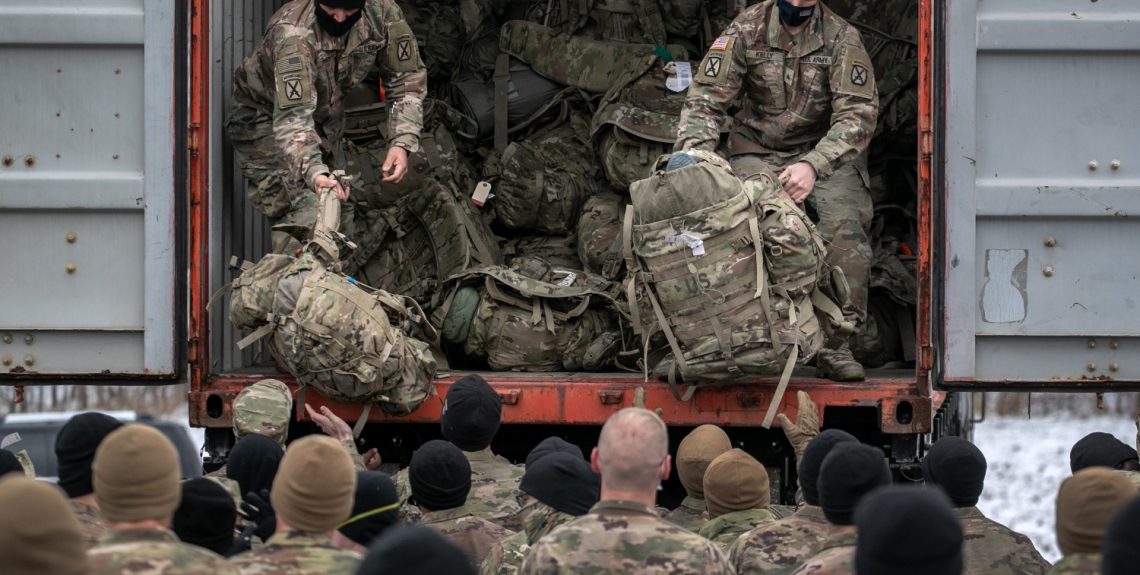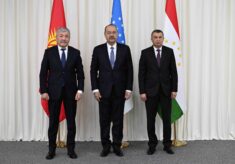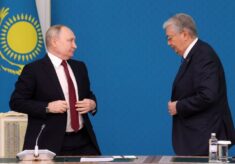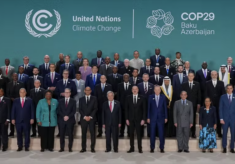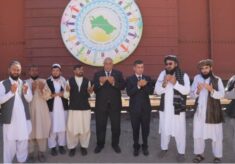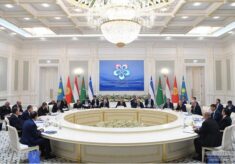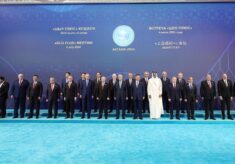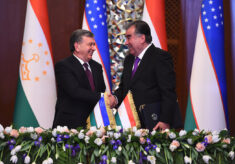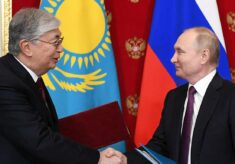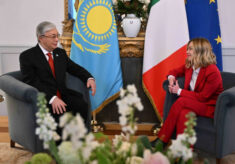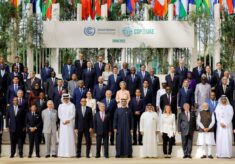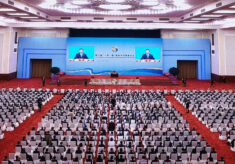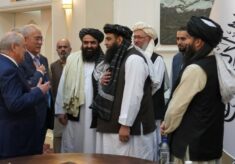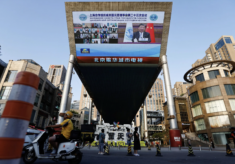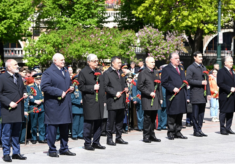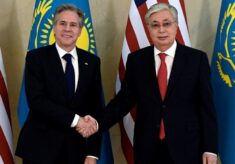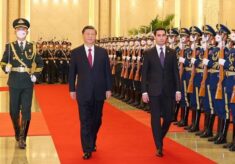The decision of US president Biden to complete the withdrawal of US military forces from Afghanistan after 20 years – also NATO made the same step – by September 11 has spread serious concerns among Central Asian republics as well as raising questions among external involved actors (China, Russia, Iran) about threats that could affect regional stability and security.
As a matter of fact, the US military disengagement will sharpen Taliban activism and their ambitions to seize the power, fuelling a long-term conflict that not only will oppose them to Kabul’s government, but also to the Islamic State-Khorasan’s foreign fighters, due to their ideological divergences.
Consequently, Central Asian bordering states (Uzbekistan, Tajikistan and Turkmenistan) and Iran could be exposed to a consistent influx of refugees from Afghanistan. Moreover, these countries have to protect themselves from armed incursions of terrorists in their territories (Akylbayev and Janibekov, What Does the US Withdrawal from Afghanistan Mean for Central Asia?, The Diplomat, May 25, 2021)
One of the main consequences linked to the ongoing US military withdrawal is the inevitable reshaping of the regional security architecture, pushing Russia, China and Iran to play an active military role to ensure stability, while preserving their strategic interests in the region (namely, investments on projects under the Belt and Road Initiative for China, and traditional geopolitical influence in the post-Soviet space for Russia).
Moscow, Beijing and Teheran have traditionally had an ambiguous attitude towards NATO’s military presence in Central Asia, before opposing to their deployment because was perceived as dangerously close to their borders; now these states fear the destabilizing repercussions of Afghanistan’s power vacuum.
Washington is profoundly worried by the growing instability and the Biden Administration has expressed its commitment to support Kabul’s government to fight against security threats.
The US is looking to obtain military bases in Tajikistan and Uzbekistan to support Kabul in its efforts of stabilization and pacification (“Afghan Pullout Leaves U.S. Looking for Other Places to Station Its Troops”, The Wall Street Journal, May 8, 2021). The official visit of the US Special Representative for Afghanistan reconciliation Khalilzad in these two countries in May and the recent meeting between U.S. Secretary of State Antony Blinken and Uzbekistan and Tajikistan’s foreign ministers show Washington’s concrete concern to promote security and stability in the region.
However, a renovated US military presence in Central Asia appears an unrealistic option considering the Sino-Russian strong opposition and the current regional security system: Kazakhstan, Kyrgyzstan and Tajikistan (as members of the Russian-led Collective Security Treaty Organization) cannot host a foreign military base on their territory without the full consent of all other members of the organization.
On the other hand, Uzbekistan and Turkmenistan’s cornerstones in their foreign policy exclude this possibility. Tashkent indeed, rejects the deployment of foreign military bases on its territory as well as the participation in any military block while Turkmenistan is a neutral country.

